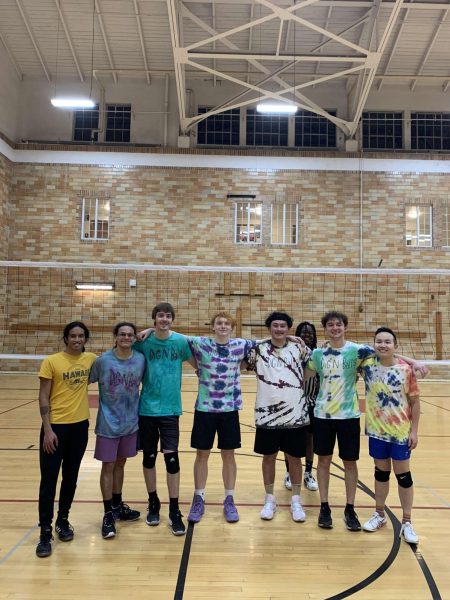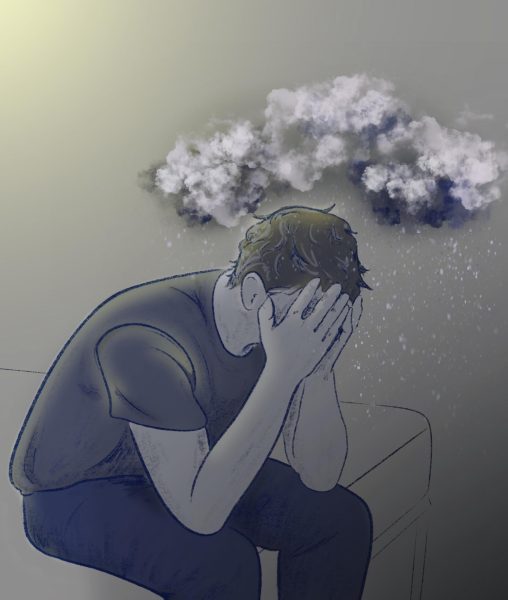Hookups and hangups keep relationships at bay
November 5, 2013
After surveying students, I have found that the expression “damned if you do, damned if you don’t” should be the slogan for the WSU dating culture.
For those looking to get into committed romantic relationships there are two common obstacles that university students face: time management and the “hookup culture.”
Michael Heaton, junior turf management major, said scheduling time became difficult as he and his girlfriend made the transition from high school to college.
“A disadvantage is having more to manage in regards to time spent with your boyfriend or girlfriend, school and personal time,” he said.
Students like Heaton are not alone.
For this generation of college students, dating puts a huge strain on their time and sanity.
Undergraduate’s nationwide report high levels of stress from juggling the many facets of their life.
According to a survey conducted for The Associated Press and mtvU, 20 percent of undergraduate participants said they were “constantly stressed” and 40 percent reported that they “felt stress often,” while in college.
Seven in 10 of these students attributed their stress to schoolwork and grades. Half of them said relationships and dating, family problems and extracurricular activities acted as constant pressures in their lives.
While some students focused on the practicality of time management, other students reported that a primary challenge to dating in college has to do with the reality of the “hookup culture” on their campus.
According to the American Psychological Association, anywhere from 60 to 80 percent of North American college students have had a no-strings-attached hooking up experience.
In a busy environment with endless options and alcohol, many students are opting for hooking up without commitment.
“The temptation is all around you on a college campus,” said Katie Brinton, junior strategic communication major. “There are so many people to meet that you may be attracted to. There is also temptation after having a few drinks.”
This environment can be detrimental to the health of committed relationships. After all, just because you’re not looking, doesn’t mean you’re not being looked at.
One of the most common reasons college relationships fail is because of cheating.
About 65 to 75 percent of undergraduates have cheated, according to a 2000 study from the Evolutionary Psychology Lab of Oakland University.
For those that choose commitment-oriented relationships, there are obvious pros.
Having a steady partner has been proven to increase overall happiness, alleviate stress and better the immune system.
Other than physiological benefits, what do we get out of building relationships in college?
Laurie Smith-Nelson, professor of psychology 230 and clinical psychologist, believes that dating in both high school and college is important for the sole purpose of experience.
“The purpose of dating, not necessarily coupled with having sex, is to figure out ‘who are the type of people I enjoy spending time with?” she said. “I think about relationships and dating as being on a learning curve, college is the next step of that curve.”
So whether you currently operate as an “I” or a “we”, remember that there are pros and cons to every life experience and there is no inherently better choice.




















